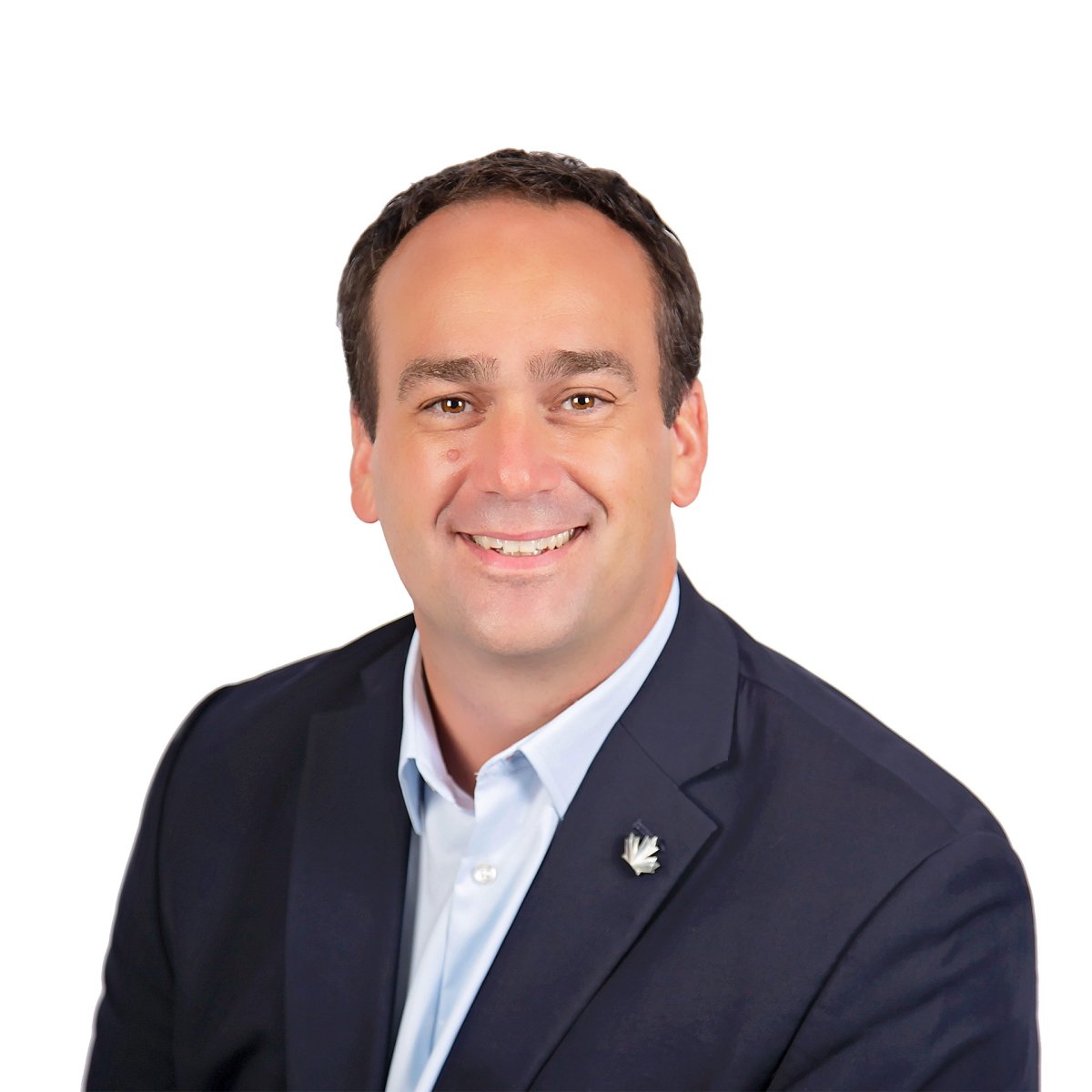Mark Gerretsen, MP for Kingston and the Islands, is about as Kingston as it gets.

His father, John Gerretsen, was once mayor of Kingston and represented Kingston and the Islands in provincial parliament for decades. Following in his father’s footsteps, Mark ran for Kingston council, representing Portsmouth, until he ran successfully for mayor of the city in 2010.
Following a four-year term as mayor, Mark ran and won for MP of Kingston and the Islands, and was re-elected just recently in October.
As part of our 10 Questions series, Global News asked the current MP about how he had felt about his biggest projects over the last decade, like Kingston’s third crossing and the reopening of the prison farms, and his hopes for the region in the decade to come.

Q. What were you doing in 2010?
A: In 2010, I was wrapping up my four-year term as a city councilor for Portsmouth and working on my mayoral campaign for Kingston. The election was held on Oct. 25, 2010, and my term as mayor began on Dec. 1.
Q: How were you hoping things might shape up in your community over the decade?
A: I was hoping that Kingston would begin to see more environmentally-friendly initiatives around the city: individuals in our community making more eco-friendly day-to-day decisions, like cutting down on using plastic water bottles, or more city-wide decisions like investing in electric transportation systems.
Q: Were you right or wrong? If you were wrong, how so?
A: I definitely think that people in our community, and all over Canada, have become more aware of how to take better care of the environment. Every day, I see people participating in more environmentally-friendly practices, whether it be walking, riding or carpooling to work, purchasing LED light bulbs, or even the increasing number of solar panels on homes in Kingston.
I also find it very encouraging to see so many young people be passionate about the environment. Their commitment to the environment is incredible, and I am feeling more confident that our future is in good hands.
Q: What is the single biggest change that has happened in the Kingston region over the past 10 years that has been a game changer?
A: I think we have seen substantial growth in our public transit system over the last decade. I was happy to play a role in the city’s decision to issue free transit passes for high school students, which has motivated our youth to use public transportation and has certainly increased ridership.
In 2018, the federal government kicked in $42 million over 10 years for public transit infrastructure, alongside the province’s $35 million, which has helped Kingston Transit to further expand its services. Additionally, the federal government gave $500,000 in funding in 2019 to help the city of Kingston build a fleet of electric public transit buses, with the first electric bus scheduled to be in operation by the end of 2020. This is great news for our community and for our environment!
Q: What has been your biggest win?
A: I think my biggest win has been securing funding from the federal government for the third crossing and re-opening the prison farms. Ever since I can remember, our community has been wanting to get a third crossing over the Cataraqui River. I’m so proud to have worked with all three levels of government to make this dream a reality. I live in the east end of Kingston with my wife and kids — I am looking forward to be able to use it daily!

I am also proud that I was able to help re-open the prison farms. I know it meant a lot to so many individuals from our community who are really passionate about this. I know there is still more work to be done, but I am so proud of what we were able to accomplish as a community.
Q: What has been your biggest disappointment or miss? What did you learn from it?
A: I am disappointed that we have not seen a greater reduction in the number of people waiting for social housing. I hear personal stories through my constituency office of people waiting years and years. This is something that we are working on at all levels of government and something where we should see substantial progress in the next decade, given the resources and funding that is prioritized for this issue locally.
Q: What was the biggest story, from an MP’s point of view, of the last decade in Kingston? Why?
A: Kingston, nicknamed the “Prison Capital of Canada” due to the high number of prisons, became the epicenter of the Save Our Prison Farms movement, which began in 2009 when the Conservative government announced the closure of prison farms across the nation. Despite public outcry and protest, in 2010, our local prison farm was closed and the herd of cattle that lived there was relocated.
This was a big story over the last decade because it truly spanned the entire decade. Due to the dedicated and unrelenting efforts of our community, and steadily applied pressure to government, a $4.3-million budget commitment in 2018 paved the way for two prison farms to re-open in Kingston in spring 2019. This is an amazing, decade-long story of perseverance.
Q: How has the makeup of Kingston changed over the last decade? How does this drive your decisions?
A: Kingston has been growing at a steady pace, and we have welcomed many new citizens — those who come here to study, to work, or to relocate following challenging circumstances. It is important that we continue to make smart decisions about how our community should grow and ensure that all residents feel represented. I regularly connect with individuals and groups, locally, to understand the diverse needs of this community.

Q: What’s your biggest hope for the region for the upcoming decade?
A: Throughout the next decade, I would love to see an increased amount of affordable housing in Kingston. The federal government has established a National Housing Strategy which is a 10-year, $40-billion plan to help reduce homelessness and improve the affordability, availability and quality of housing in Canada. Right now, Kingston’s vacancy rate is 0.6 per cent, and a healthy rate is anywhere from 3-4 per cent.
Q: What is the biggest challenge facing Kingston over the next decade?
A: Although Kingston is doing a great job at using more energy-efficient and innovative technologies, I believe we must do more. As everyone knows, climate change is the most pressing issue in our society. I would love to see more environmentally-friendly initiatives around our community and creative ways that we can take care of our environment. This can be done by investing in additional electric public transit options, more solar panels on roofs and using less single use plastic.




Comments